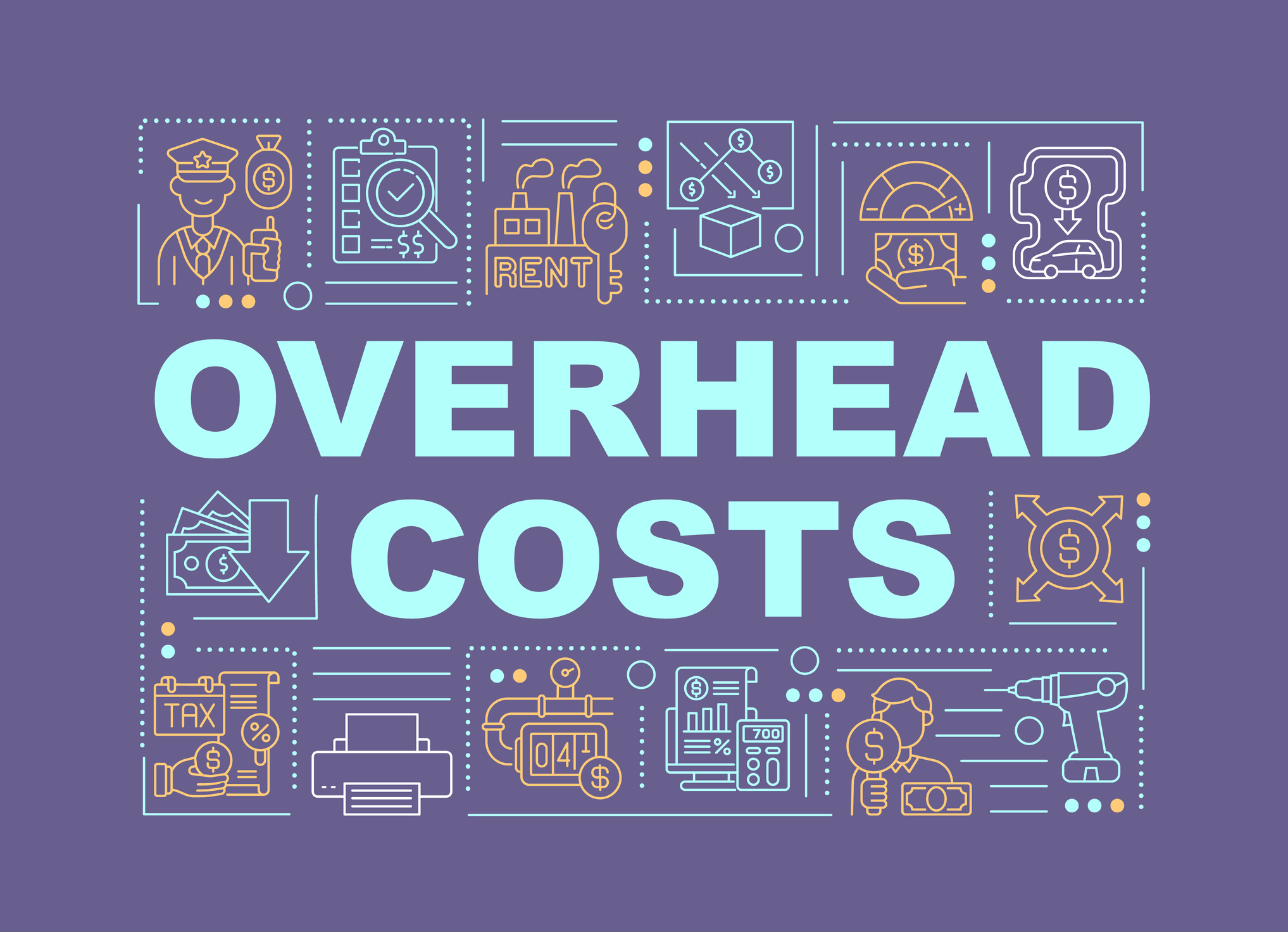Companies that specialize in planning, organizing, and carrying out
events as well as marketing campaigns that involve below-the-line (BTL) and
above-the-line (ATL) activations are known as event management, BTL, and ATL
activation agencies. BTL activations are marketing initiatives that emphasize
engaging consumers directly, such as through in-store promotions, experiential
marketing, and other direct marketing techniques. On the other side, ATL
activations place a greater emphasis on mass communication via media including
television, radio, and print advertising. Corporate events, trade fairs,
conferences, product launches, and other events can all be managed by event
management companies. Additionally, they could provide services like branding,
public relations, and the formulation of marketing strategies.
Event management, BTL, and ATL activation companies frequently make
money by charging clients for their services. These costs could be determined
by an hourly rate, a fixed charge, or a share of the entire budget for the
campaign or event. Additionally, agencies may charge fees for costs like
travel, lodging, and supplies. Some businesses might additionally provide extra
services like selling event tickets or goods, which can increase their
earnings. Additionally, it's feasible for agencies to get commissions or
savings from suppliers and vendors, which they can then give to their clients
in the form of decreased prices or fees. Additionally, some organizations may
make money through sponsorships or joint ventures with other businesses or
organizations.
Because they are involved in the planning and implementation of events
and campaigns, which can be complicated and require a variety of resources,
event management, BTL, and ATL activation companies frequently have a sizable
portion of their expenses classed as overhead costs. Costs associated with
running a business that are not directly tied to the creation of goods or
services but are nevertheless necessary. Rent or lease payments for office
space, salaries for executive and support employees, insurance, and utility
costs are a few typical examples of overhead costs for event management
companies. These costs are frequently constant, which means that they are unaffected
by the volume of events or campaigns the agency manages. Therefore, overhead
costs could account fora large chunk of an event management company's overall
costs.
Event management, BTL, and ATL activation companies can take the following actions to effectively control their overhead costs:
Identify and prioritize essential overhead expenses:
Determine which overhead costs are necessary for the functioning of the business and rank them in priority. It is crucial for agencies to properly assess their overhead costs. They will be able to concentrate on cutting or getting rid of unneeded expenses as a result.
Negotiate advantageous terms with suppliers and vendors:
Agencies can cut their expenses for supplies and services by negotiating advantageous terms with suppliers and vendors. This can entail negotiating reduced costs, protracted payment arrangements, or quantity discounts.
Implement cost-saving measures:
Agencies can minimize their overhead costs by implementing cost-saving measures including employee training programs, telecommuting policies, and office equipment and lighting that uses less energy.
Regularly check expenses:
By keeping an eye on overhead costs, organizations can find ways to cut costs and make sure they aren't going overboard in any one area.
Utilize technology to automate and streamline operations:
By using technology to automate and streamline processes, organizations can spend less time and money getting things done, which can cut down on overhead costs.
By offering independent and impartial confirmation that the organization's financial and operational controls are working, an internal audit function can assist event management, BTL, and ATL activation agencies in controlling their overhead costs. The agency's financial and operational procedures may need to be reviewed and assessed, and transactions and other data may need to be tested to make sure they are correct and compliant with applicable laws, rules, and policies. The internal audit function can help discover potential for cost reductions and recommend adjustments that can help to minimize overhead costs by locating areas where the agency may be overspending or incurring unnecessary costs. Additionally, by ensuring that the agency's financial reporting is accurate and transparent, the internal audit function can contribute to increasing the organization's credibility with clients and stakeholders.


No comments:
Post a Comment